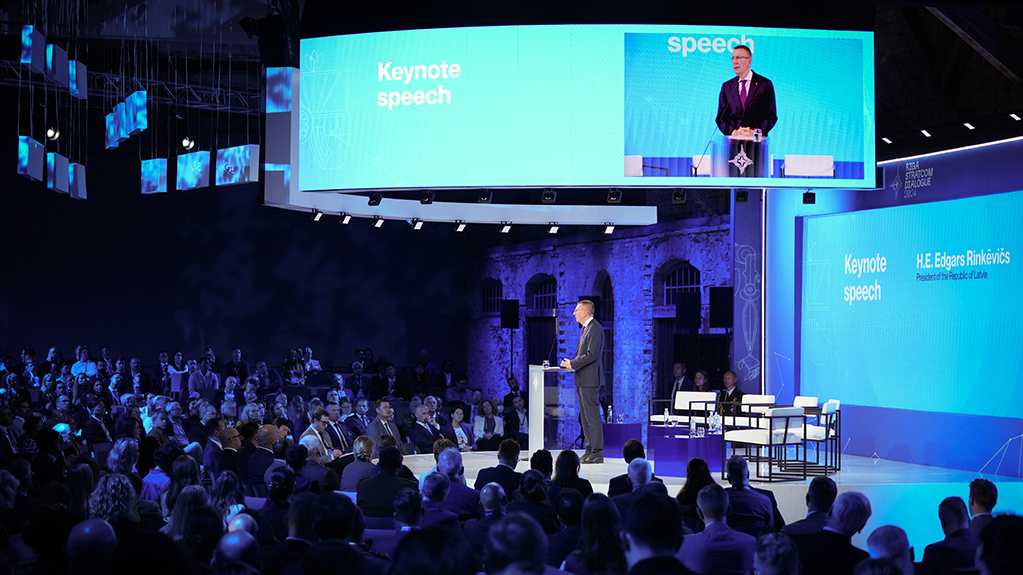During his speech at the Riga StratCom Dialogue 2024, Latvian President Edgars Rinkevich criticized the European Union's policy towards Georgia. The portal Sargs.lv, created by the Defense Ministry of Latvia, is disseminating information about this.
News
The President emphasized that the situation in Georgia requires urgent and strict action by the European Union. According to Sargs.lv, he expressed concern over the increasing influence of Russia in Georgia, which is "caused by strategic communication and possible financial operations." Edgars Rinkevich also said that the European Union should send a clear message by suspending Georgia's candidate status, so that the situation does not worsen.
If we do not send a very clear, very firm message, but only express our concerns in words, then the situation will worsen," Rinkevich said.
He called on the government of Georgia to take into account the wishes of its people and not to succumb to external influences that could hinder the country's democratic development. The president emphasized that Latvia will support Georgia, but only if the country respects the principles of democracy and the rule of law.
After the parliamentary Georgian Dream majority approved the Russian Law on so-called Foreign Agents despite large-scale protests, appeals from Western partners, and the president's veto, discussions on countermeasures in the European Union have commenced. Suspension of candidate status for the country, review of visa liberalization, and financial aid are under consideration. Making a decision on these issues requires the support of all 27 EU member states.















